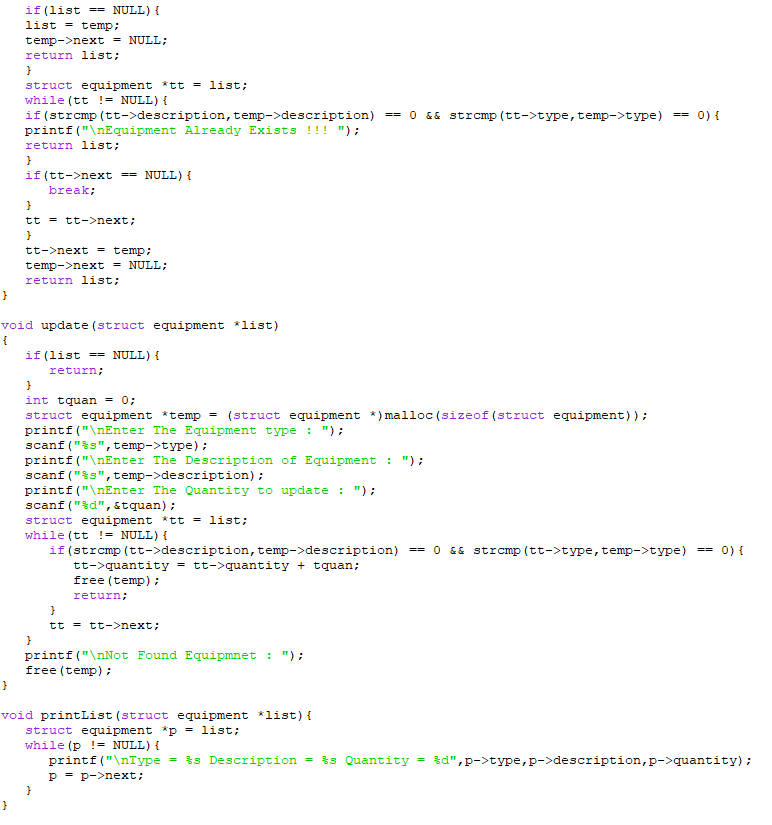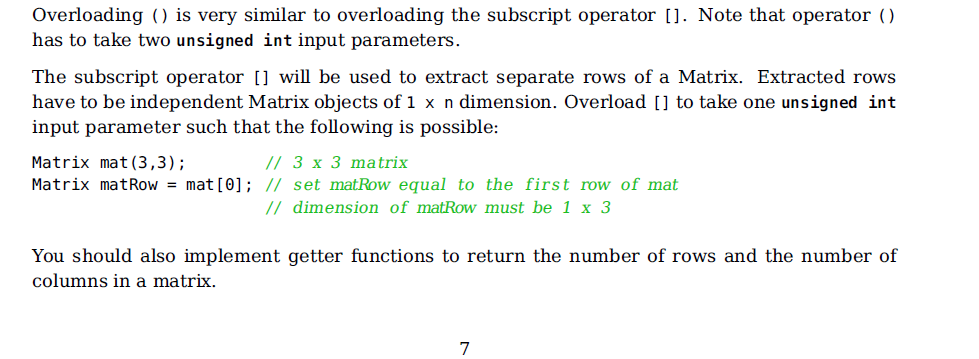

GCC is also a cross-compiler, for producing executables on different platform. They are also ported to Windows (by Cygwin, MinGW and MinGW-W64). GCC (and GNU Toolchain) is currently available on all Unixes. GCC is portable and run in many operating platforms.
 GNU Bison: a parser generator (similar to lex and yacc). GNU Autotools: A build system including Autoconf, Autoheader, Automake and Libtool.
GNU Bison: a parser generator (similar to lex and yacc). GNU Autotools: A build system including Autoconf, Autoheader, Automake and Libtool.  GNU Binutils: a suite of binary utility tools, including linker and assembler. GNU Make: an automation tool for compiling and building applications. GNU Compiler Collection (GCC): a compiler suite that supports many languages, such as C/C++ and Objective-C/C++. GCC is a key component of so-called " GNU Toolchain", for developing applications and writing operating systems. The current version is GCC 7.3, released on. It is now referred to as " GNU Compiler Collection". GCC, formerly for " GNU C Compiler", has grown over times to support many languages such as C ( gcc), C++ ( g++), Objective-C, Objective-C++, Java ( gcj), Fortran ( gfortran), Ada ( gnat), Go ( gccgo), OpenMP, Cilk Plus, and OpenAcc. Richard Stallman founded the GNU project in 1984 to create a complete Unix-like operating system as free software, to promote freedom and cooperation among computer users and programmers. The original GNU C Compiler (GCC) is developed by Richard Stallman, the founder of the GNU Project. GCC (GNU Compiler Collection) A Brief History and Introduction to GCC
GNU Binutils: a suite of binary utility tools, including linker and assembler. GNU Make: an automation tool for compiling and building applications. GNU Compiler Collection (GCC): a compiler suite that supports many languages, such as C/C++ and Objective-C/C++. GCC is a key component of so-called " GNU Toolchain", for developing applications and writing operating systems. The current version is GCC 7.3, released on. It is now referred to as " GNU Compiler Collection". GCC, formerly for " GNU C Compiler", has grown over times to support many languages such as C ( gcc), C++ ( g++), Objective-C, Objective-C++, Java ( gcj), Fortran ( gfortran), Ada ( gnat), Go ( gccgo), OpenMP, Cilk Plus, and OpenAcc. Richard Stallman founded the GNU project in 1984 to create a complete Unix-like operating system as free software, to promote freedom and cooperation among computer users and programmers. The original GNU C Compiler (GCC) is developed by Richard Stallman, the founder of the GNU Project. GCC (GNU Compiler Collection) A Brief History and Introduction to GCC







 0 kommentar(er)
0 kommentar(er)
